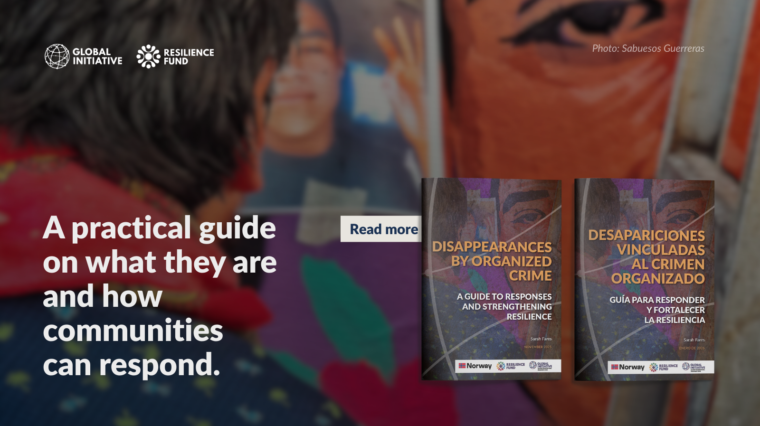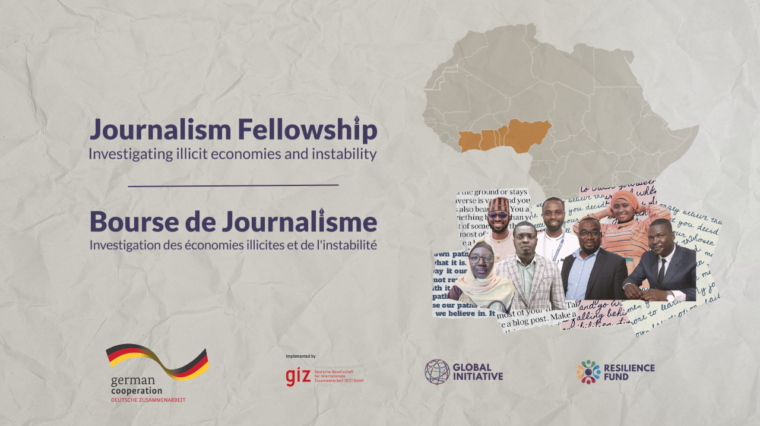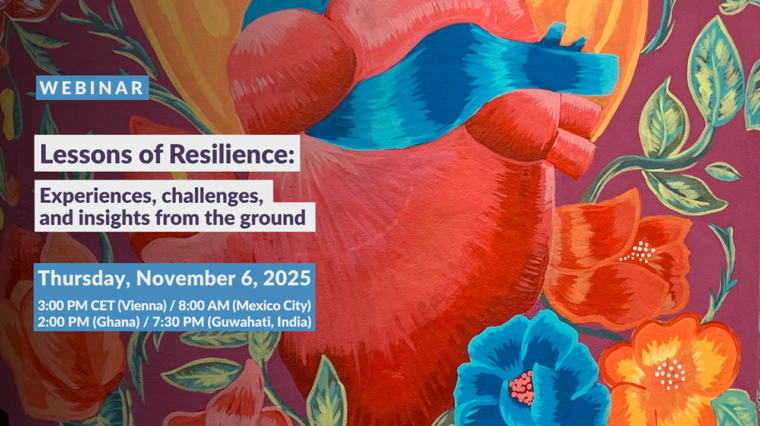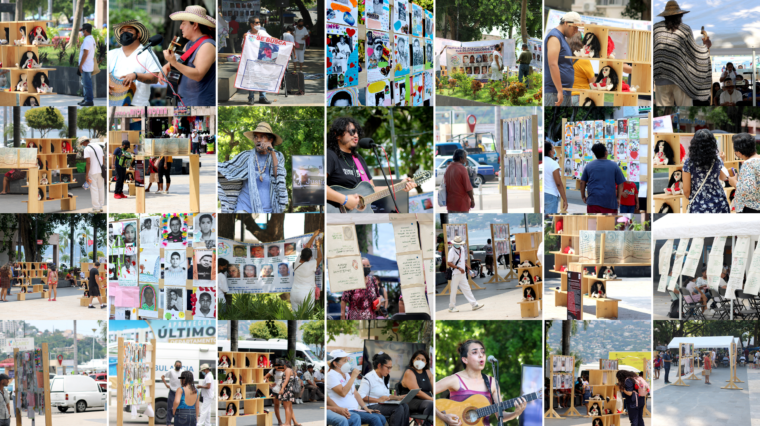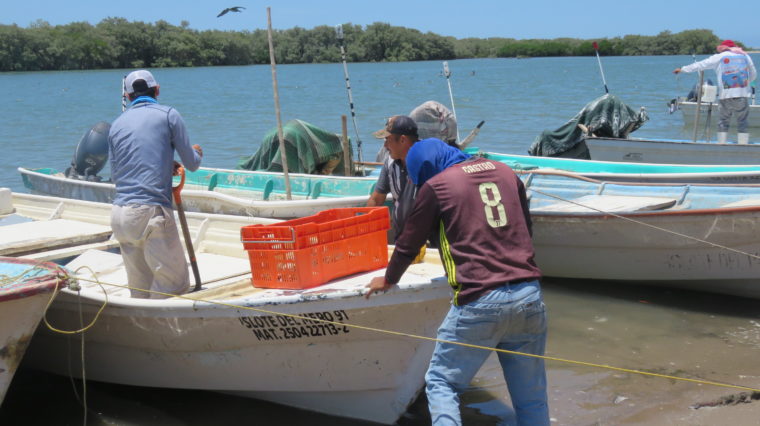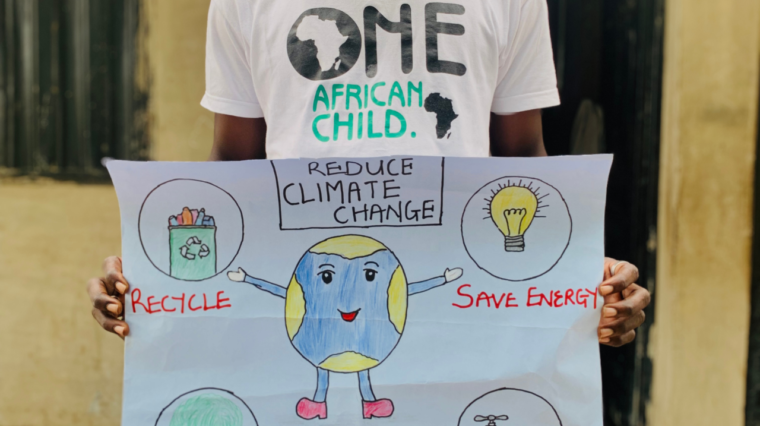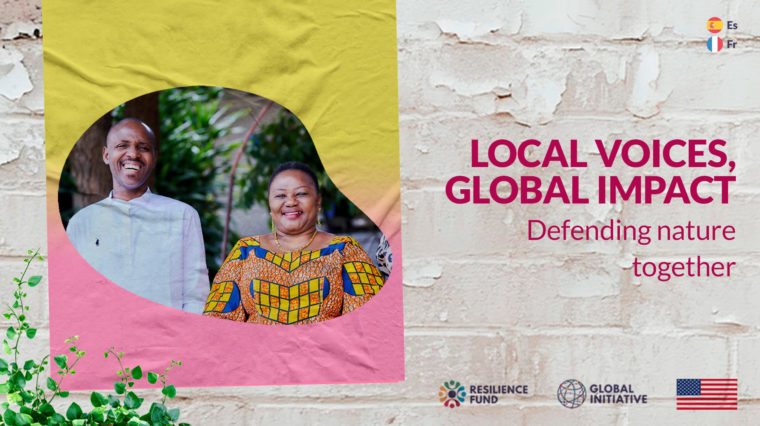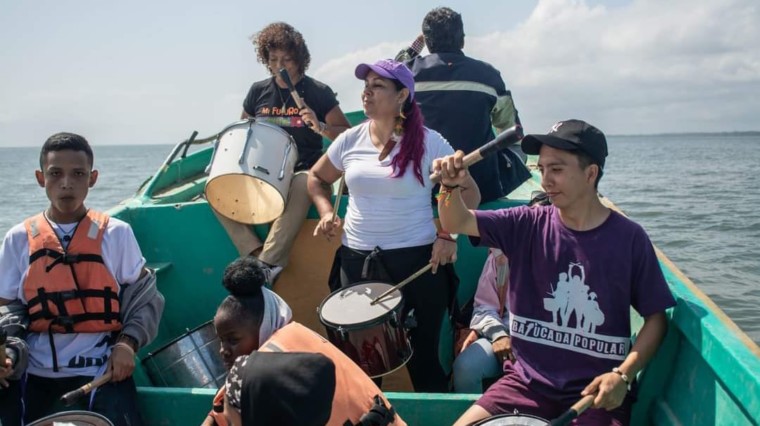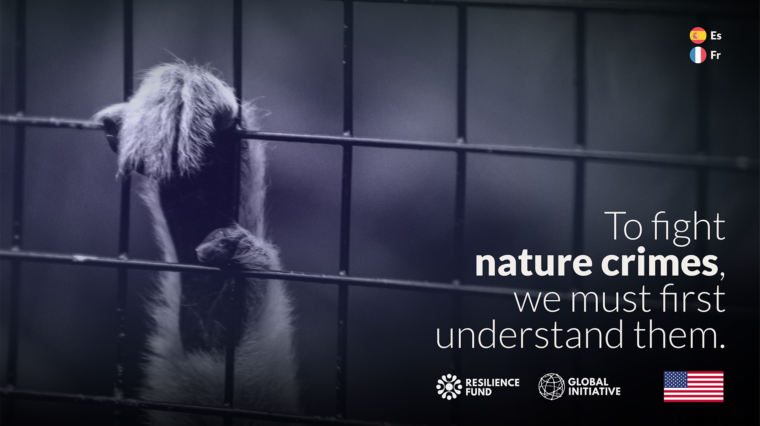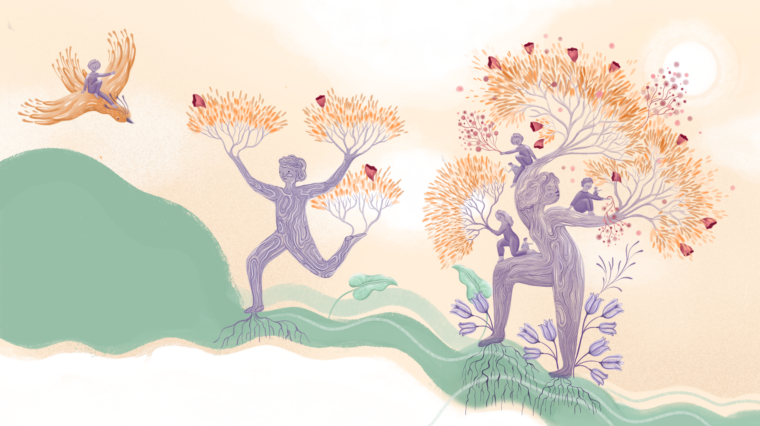Munca.info – new labour-exploitation prevention campaign in Romania
Published on November 2, 2020
Romania has been hard hit by the pandemic’s economic effects, and many of its citizens are struggling to find jobs after losing their sources of income as a result of lockdown-related restrictions. The situation is equally desperate for business owners, who are now more willing to lower standards in an attempt to save their livelihoods. This has created a breeding ground for labour exploitation.
Romania is one of the main source countries in the EU for human trafficking. Victims are trafficked mainly for sexual exploitation, followed by forced labour. The situation is notoriously under-reported, and most victims are not found or identified. For example, there is a strong correlation between the numbers of disappeared children and human-trafficking victims under the age of 18, but state institutions choose to address these issues separately. This is creating an environment of mistrust toward public institutions – especially the police – and a climate of fear among the population.
Given these challenges, civil-society responses are urgently needed. Enter Munca.info, which is implemented by eLiberare, an association operating in Bucharest that deals with the prevention of human trafficking and sexual exploitation in Romania. eLiberare is led by one of the Resilience Fund Fellows for 2020, Ioana Bauer.
eLiberare helps develop resilience to human trafficking by creating resources focused on trauma-informed approaches in care and investigations of human trafficking, and offering capacity-building sessions with first responders, community leaders and other actors involved in combating the criminal market. The organization also works to build resilience among advocates who speak out against human trafficking, protecting them from being intimidated by perpetrators and helping them continue their work in the face of the challenges they encounter. It enables responders from law enforcement, social services and civil society dealing with victims of organized crime to gain practical skills in how to continue their work with a healthier perspective and as part of a community.
Our mission was to build a social movement against human trafficking. – Ioana Bauer
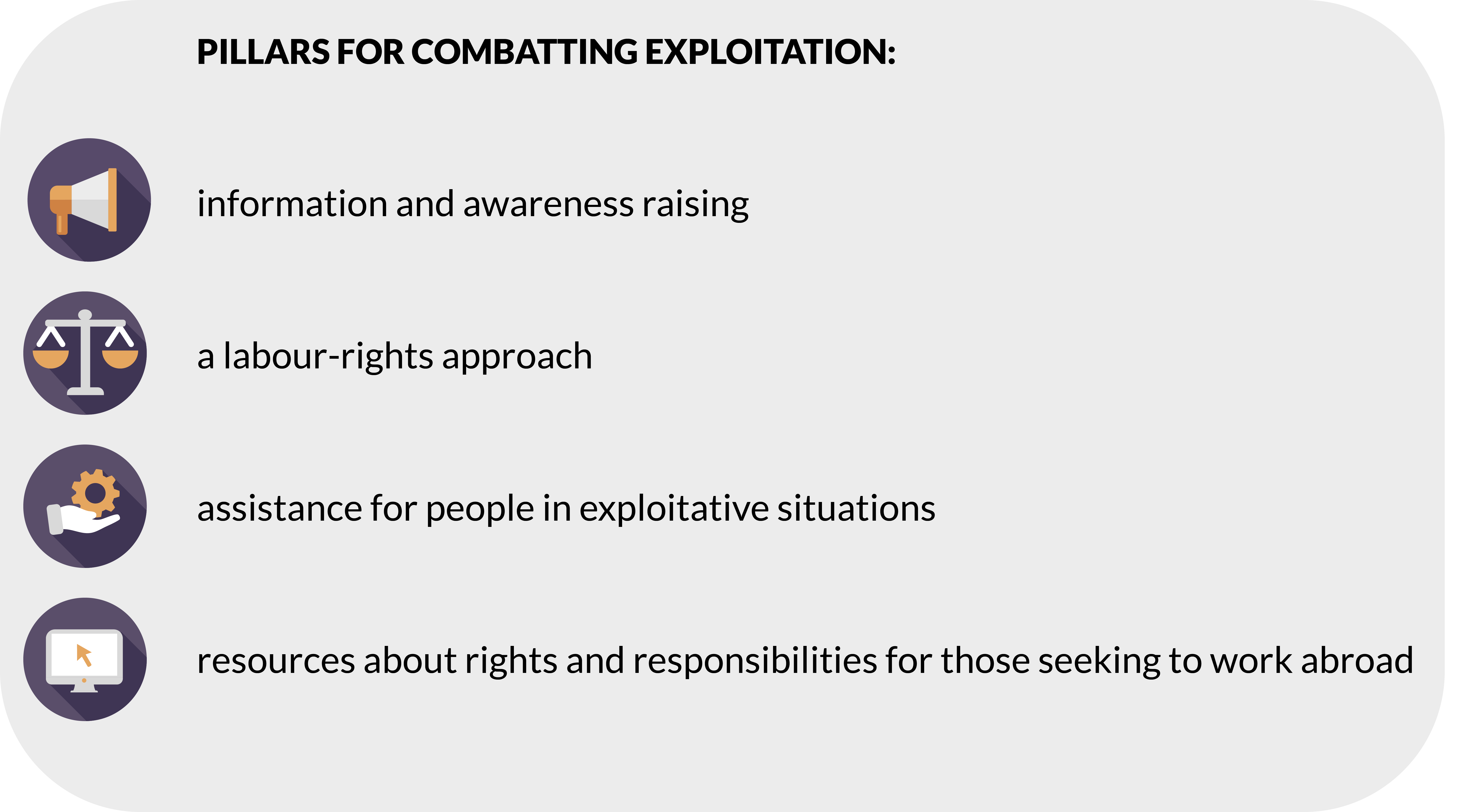
Munca.info is a labour-exploitation prevention campaign that brings together 26 stakeholders from state institutions, intergovernmental agencies, labour syndicates, the diplomatic corps and civil society. The goal is to build the pillars of a comprehensive response against labour exploitation: information and awareness raising; a labour-rights approach; assistance for people in exploitative situations; and informative resources about rights and responsibilities for those seeking to work abroad.
The project comes as a response to several worsening factors in Romania. For the second year in a row, the country has been placed on a Tier 2 Watch List in the US Department of State’s Trafficking in Persons Report, indicating that the Romanian government does not meet minimum standards to counter trafficking in the country. There has also been an increase in reported cases of exploited Romanians as travel restrictions were lifted for seasonal workers in Western Europe. Government and law-enforcement agencies have not provided adequate responses or strategies to protect victims of human trafficking.
The initiative has recently launched a website featuring resources, including a helpline, to support job seekers and business owners in these troubling times. Here, information can be found on labour rights, responsibilities of workers and basic information on working abroad. Details of campaign are available at Romanian airports in the form of videos, posters, flyers at the check-in desks and information cards that provide emergency contacts and details that are essential to anyone working abroad.
The launch event of the initiative took place on Facebook on 14 September 2020. The ambassadors of the UK and the US in Bucharest, HE Mr Andrew Noble and HE Mr Adrian Zuckerman, respectively, participated in the event; both emphasized the importance of paying the same attention to labour trafficking that is given to sexual exploitation, and of ensuring that labour exploitation crimes do not go unpunished.
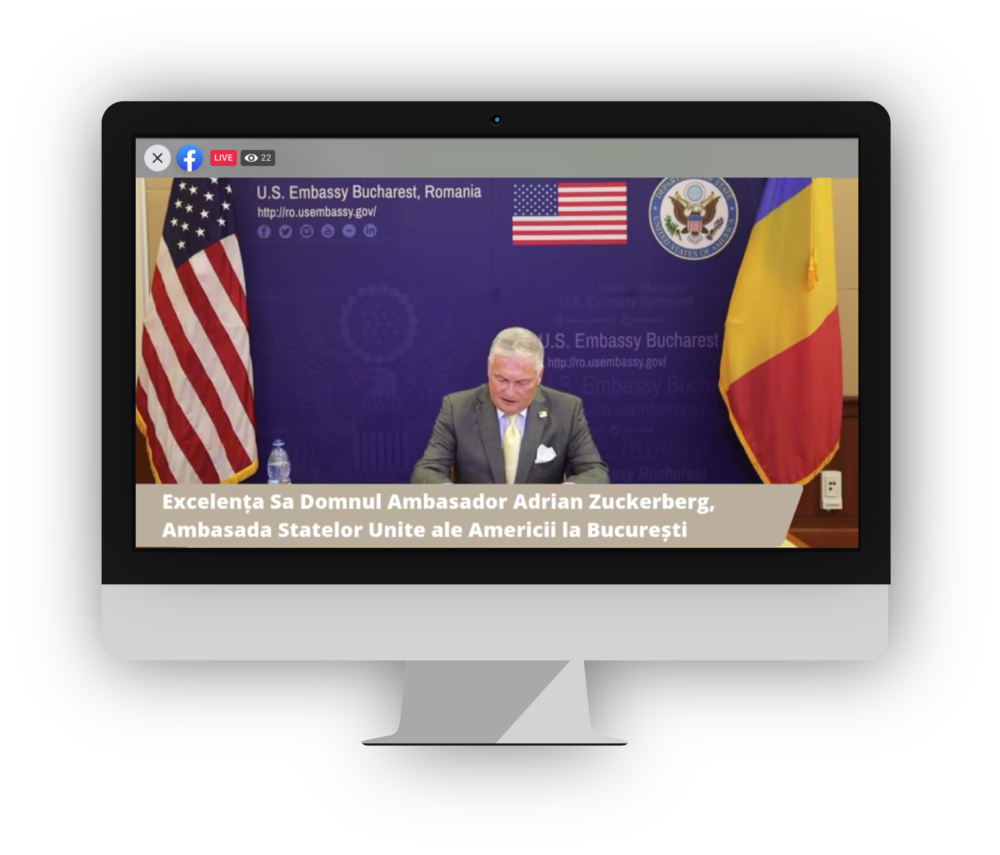
‘We see situations in which there are multiple abuses. They appear as a result of a toxic combination: employers who find the gaps in the legislation, and workers who do not know their rights and do not have access to the representation mechanisms or social dialogue.’ – Member of the European Parliament, Dragos Pislaru
Dragos Pislaru, a member of the European Parliament and one of the creators of the EU resolution for protecting the rights of seasonal workers, also spoke at the event. He underscored the need for workers to have adequate representation and access to social dialogue to make them less vulnerable to abuses.
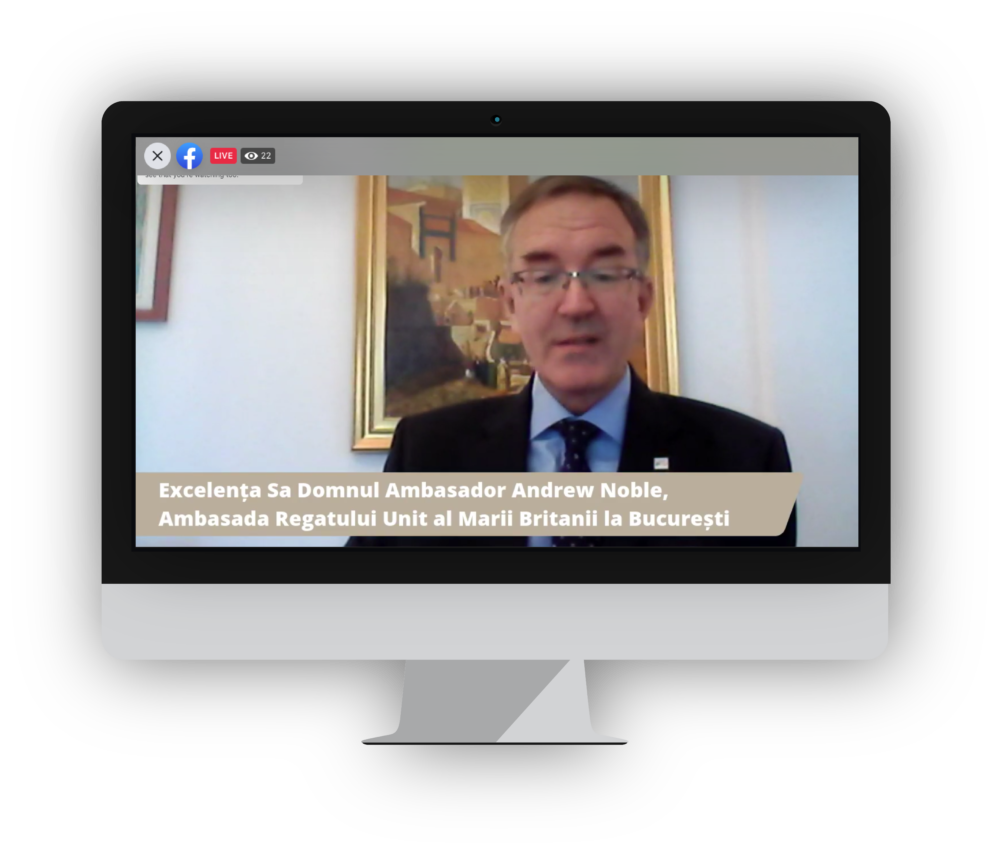
‘Combatting modern slavery and trafficking in human beings is a priority for the British Government and the UK Embassy. Eliminating labour exploitation needs to be done in close partnership with the private sector, in order to ensure transparency and clean supply chains, and in parallel with ensuring assistance for victims and addressing the culture of impunity.’ – HE Ambassador Andrew Noble
Munca.info is an example of a dialogue between civil society and institutional responses to human trafficking. This new initiative has brought together civil-society efforts in Romania, with a communication campaign to scale up initiatives to help protect potential victims of trafficking. The initiative demonstrates how civil society can play a key role in protecting those most at risk, where state responses are inadequate.
Besides its main objective of spreading information to protect workers, migrants and potential victims of human trafficking, Munca.info is a successful alternative for civil society to bring key stakeholders to the table, especially in contexts where capacity is needed to respond to organized crime and where state efforts are insufficient. The combination of expertise, visibility, legitimacy of institutions and the voices of community members is one of many positive changes that civil society can implement in their pursuit of a more inclusive and safer society.
